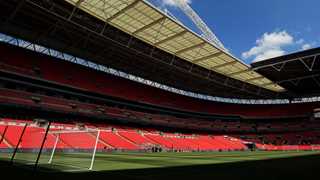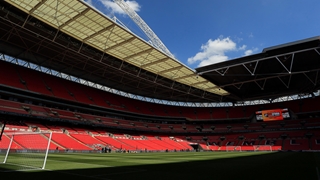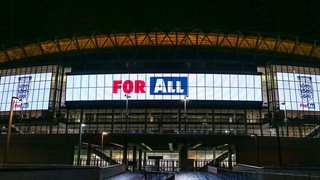
As one of the leading sport and entertainment venues in the world, Wembley Stadium takes its environmental responsibilities seriously and works hard to reduce environmental impacts.
With a need for conservation, efficiency and a frugality in energy use, Wembley has a sustainability strategy with specific energy reduction targets. We also aim to reuse or recycle as much of our waste as possible. Wembley is a ‘0’ to landfill site with a current average of 65 per cent recycling.
We work closely with our waste service partner Veolia to ensure as much of our waste as possible is reused or recycled. Recyclables go to Veolia’s tipping hall in Southwark to be sorted and baled ready for reprocessing. General waste goes to a waste-to-energy plant that helps to heat 48,000 local homes.
Our engineering plant is controlled by our Building Management System (BMS), which controls the heating and cooling output to ensure efficiency is optimised.
Areas of the stadium that are not in use, are not scheduled on and lighting is scheduled on request. For example, our cleaning teams advise their schedule in advance and the lights are programmed accordingly.
All the energy we use is from 100 per cent renewable sources and we have future plans for further energy reduction, including LED pitch floodlighting and a further rollout of LED lighting beyond that.
The FA Sustainability Team (FAST) is further developing our sustainability strategy and helping to drive forward efficiencies across our business, our FAST squads include:-
• Energy and water
• Food and waste
• Transport
• Community
• Procurement
• Health and wellbeing
• Training and culture
The above squads all have initiatives they are working on and set targets for 2019-20.
Our first stage audit for the International Sustainability Certification ISO20121 has been completed and the second stage audit is scheduled for the beginning of next year.
Find out more about World Energy Conservation Day and what you can do to help.









